Low-Sugar Diet? Skip These 10 Fruits That Can Spike Your Levels
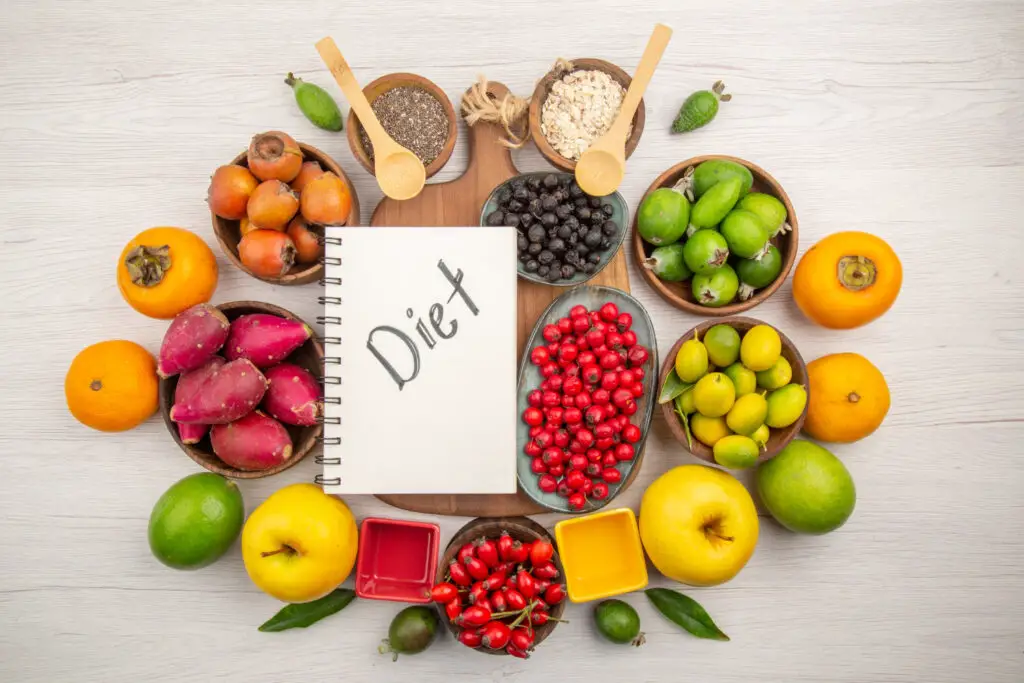
When most of us think of fruit, we picture wholesome, healthy goodness on our plates. After all, it is “nature’s candy,” right? But here is the catch: not all fruit is created equal when it comes to blood sugar. For baby boomers especially, paying attention to sugar intake is key to maintaining steady energy, supporting heart health, and avoiding those dreaded mid-afternoon crashes.
Some fruits that look innocent enough can actually send your blood sugar levels soaring faster than you might expect. That does not mean you can never enjoy them again, but it does mean it is worth being selective. Think of it less as giving up fruit and more as choosing the ones that love your body back.
So, if you are watching your sugar or managing conditions like prediabetes or diabetes, you will want to take a closer look at this list. Here are 10 fruits that can spike your levels and what you can do instead.
1. Watermelon
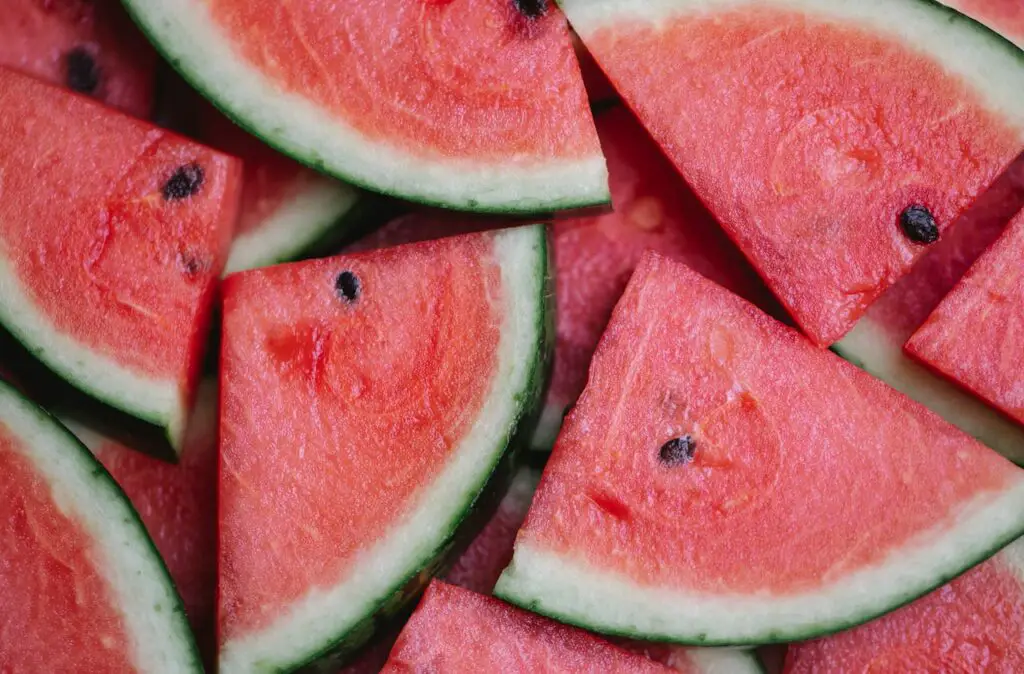
Few things feel more nostalgic than a slice of cold watermelon on a hot summer day. Unfortunately, watermelon has a very high glycemic index, which means your body absorbs its sugar quickly. Because it is mostly water with little fiber to slow things down, the sweetness can cause your blood sugar to rise in record time. If you love watermelon, enjoy a very small portion and balance it with some protein, like a slice of cheese. Otherwise, it may be best to stick with lower-sugar fruits for that summertime refreshment.
2. Pineapple
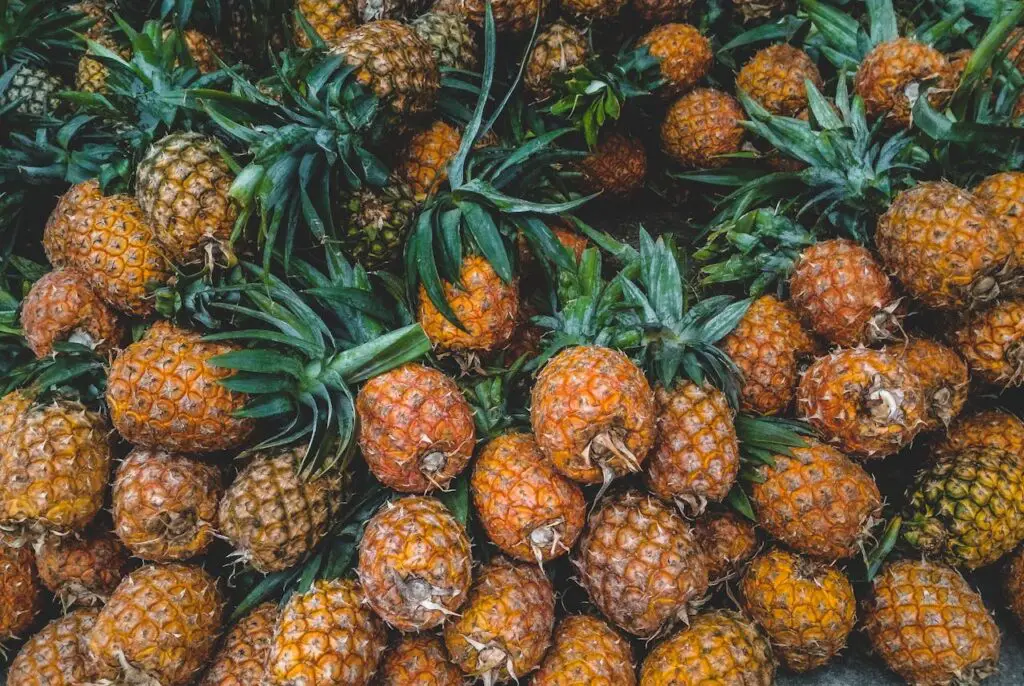
Bright, tropical, and full of flavor, pineapple often steals the show in fruit salads. The problem is that it is also loaded with natural sugars and has a moderately high glycemic index. That means it digests quickly, sending sugar into your bloodstream faster than you might like. If you are craving pineapple, think small: a couple of chunks paired with cottage cheese or Greek yogurt will let you enjoy the flavor without the sugar spike.
3. Ripe Bananas
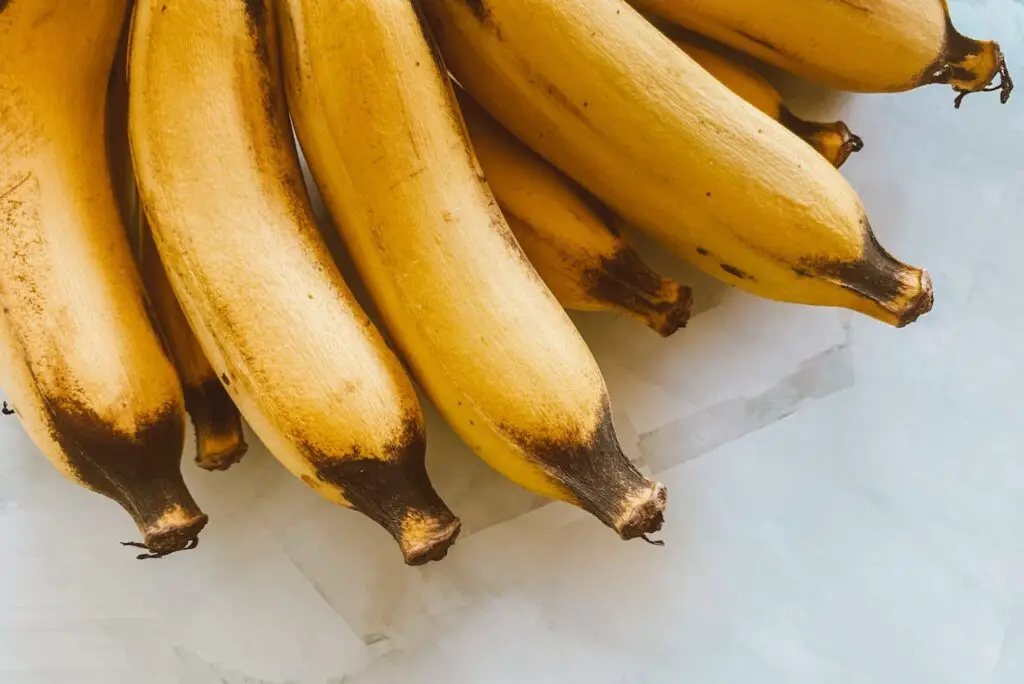
Bananas are one of the easiest grab-and-go snacks out there. But as bananas ripen, their starch turns into sugar, which increases their effect on blood sugar levels. A fully ripe banana may taste deliciously sweet, but it can hit your system hard. A firmer banana, slightly less ripe, has a bit less sugar and a lower glycemic impact. If you cannot resist, try pairing half a banana with a spoonful of peanut butter for a snack that is both satisfying and balanced.
4. Mangoes
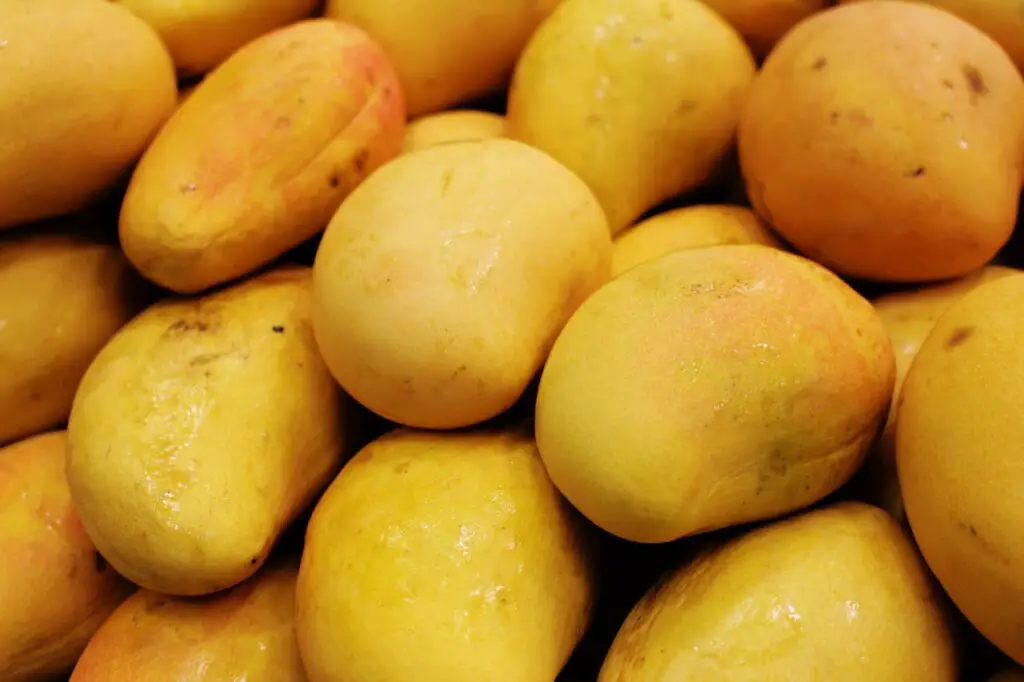
Mangoes taste like pure sunshine in fruit form. Unfortunately, that sunny sweetness comes with a hefty sugar load—about 23 grams per cup. While they are rich in vitamins, they can cause a rapid rise in blood sugar if eaten in large portions. If you enjoy mangoes, cut a small slice and savor it slowly rather than tackling the whole fruit. That way, you get the flavor without overwhelming your system.
5. Dates
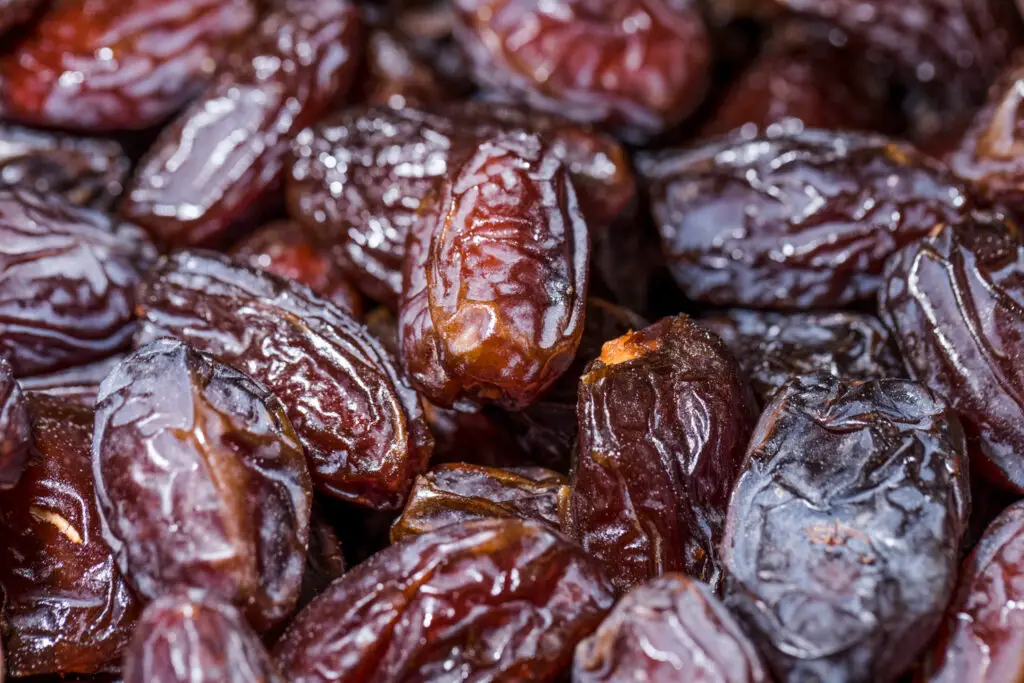
Dates are often called nature’s candy for good reason. They are sticky, chewy, and incredibly sweet. But just one date can contain as much sugar as some candy bars in disguise. Because they are also high in calories and have a high glycemic load, dates are best left as an occasional treat. If you enjoy them, pair just one with a handful of nuts to balance the sugar with protein and healthy fats.
6. Raisins and Other Dried Fruits
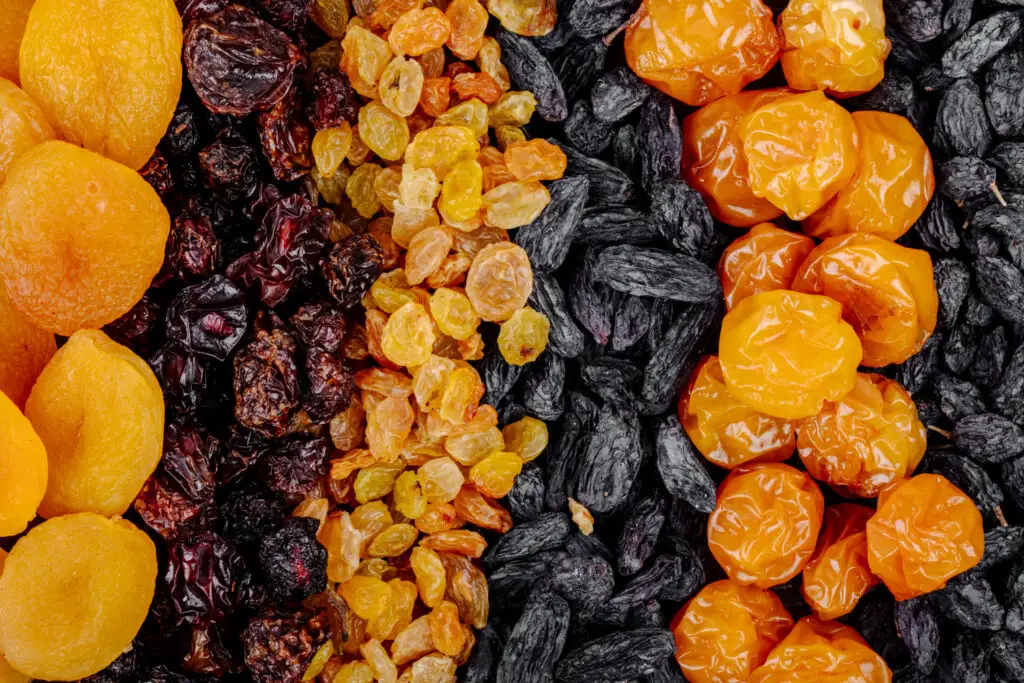
Dried fruit may seem like a healthy snack, but it is deceptive. Drying removes the water, concentrating the sugars into each bite. A handful of raisins or dried cranberries can easily deliver more sugar than you intended. The trouble is that dried fruit is also very easy to overeat because it feels so small and light. If you want something sweet, opt for a few fresh berries instead. They are juicy, lower in sugar, and full of fiber to help keep your blood sugar steady.
7. Lychee
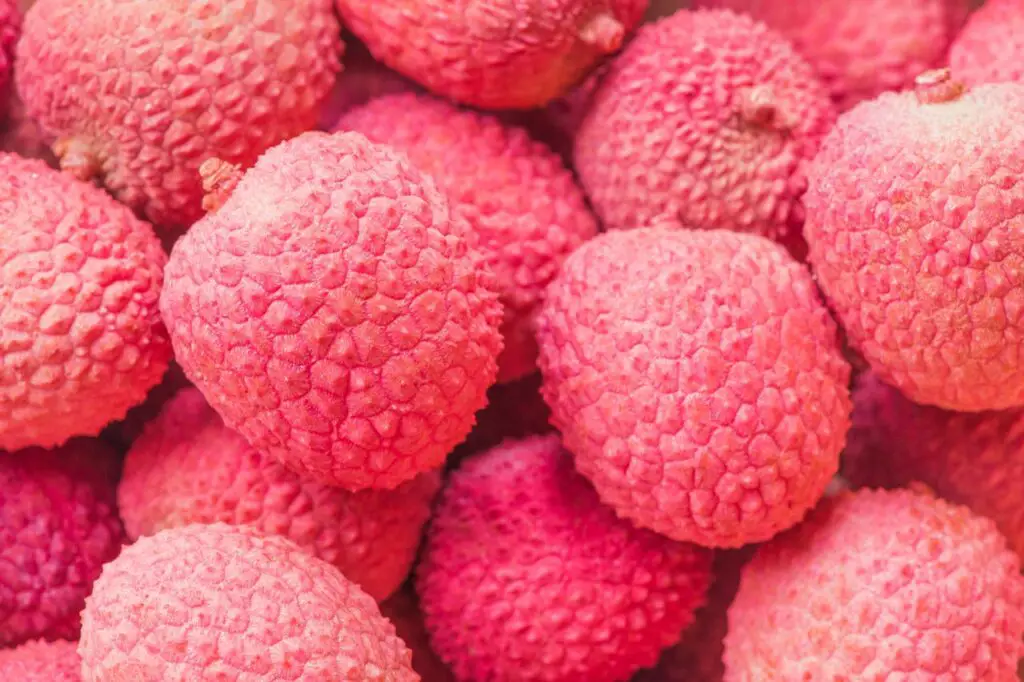
These tiny tropical gems look innocent enough, but lychees pack quite a sugar punch. Fresh or canned, they rank high on the glycemic index and can cause a quick spike in blood sugar. Canned lychees often come in syrup, which adds even more sugar to the mix. If you enjoy their unique flavor, treat them like candy—an occasional indulgence, not an everyday fruit.
8. Papaya
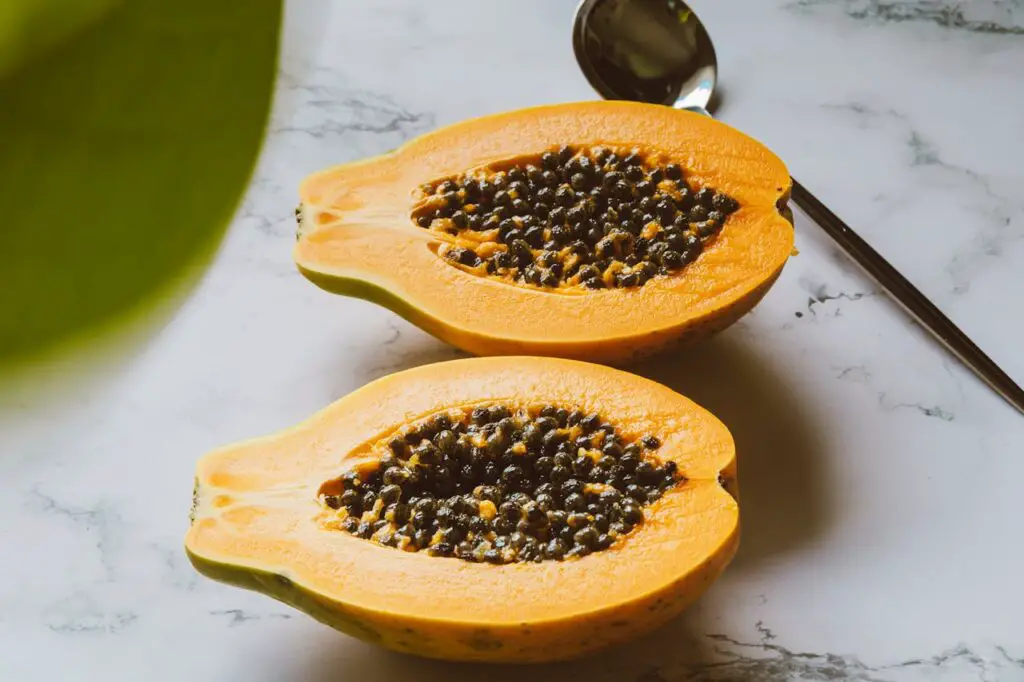
Papaya has a reputation as a “healthy” fruit, often recommended for digestion. But when ripe, papaya contains a fair amount of sugar and lands in the moderate-to-high range on the glycemic index. While a few slices may not hurt, a big bowl can tip the balance and raise your blood sugar quickly. Enjoy papaya in small amounts and consider pairing it with something protein-rich, like Greek yogurt, to soften the impact.
9. Cantaloupe
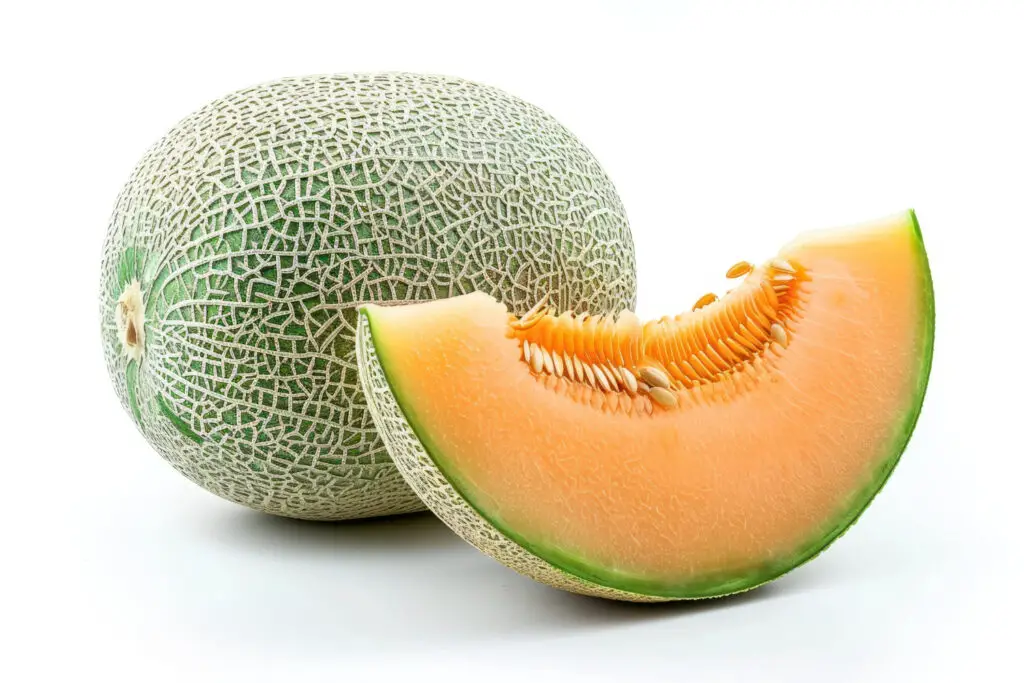
Cantaloupe may seem light and harmless, but its glycemic index lands in the 60s, which means it can still send your blood sugar higher than you might expect. Because it is mostly water, the glycemic load is a little lower, but the sugar is still there. The trick is moderation. Instead of eating a big bowl of cantaloupe on its own, try combining a few slices with a handful of almonds or walnuts. This pairing slows digestion and helps you feel satisfied without the sugar rollercoaster.
10. Grapes
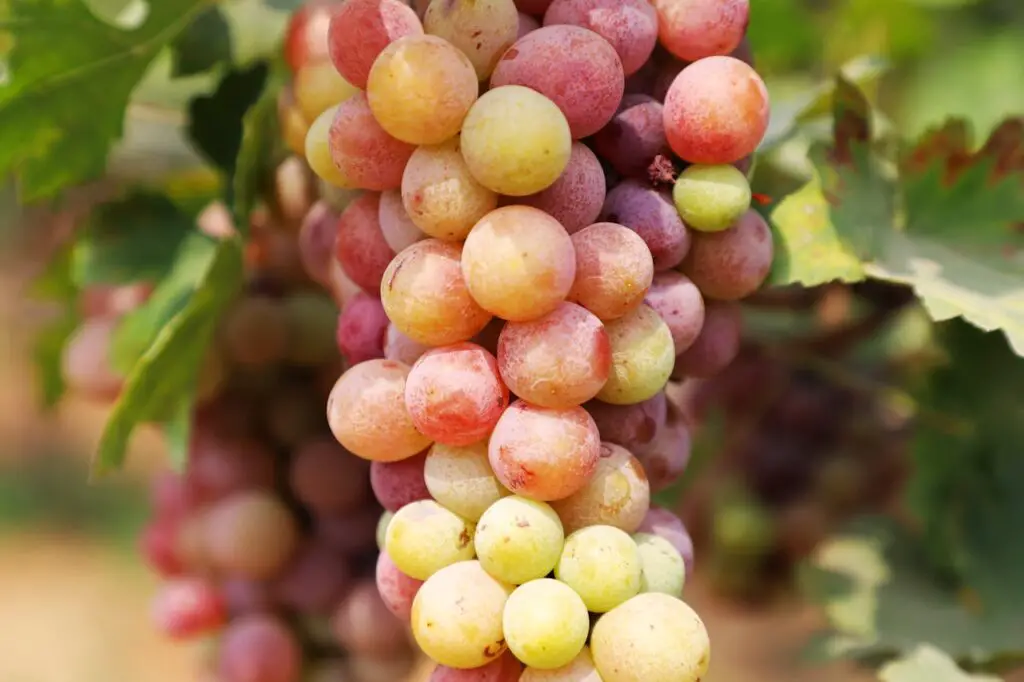
Grapes are perhaps the ultimate mindless snack. A bunch in a bowl disappears quickly, but each handful adds up to a significant amount of sugar. Grapes are delicious and full of antioxidants, but they can cause blood sugar to climb rapidly. To enjoy them safely, measure out a small portion—maybe ten or twelve grapes—instead of eating straight from the bunch. You will still get the sweet burst without going overboard.
Final Thoughts
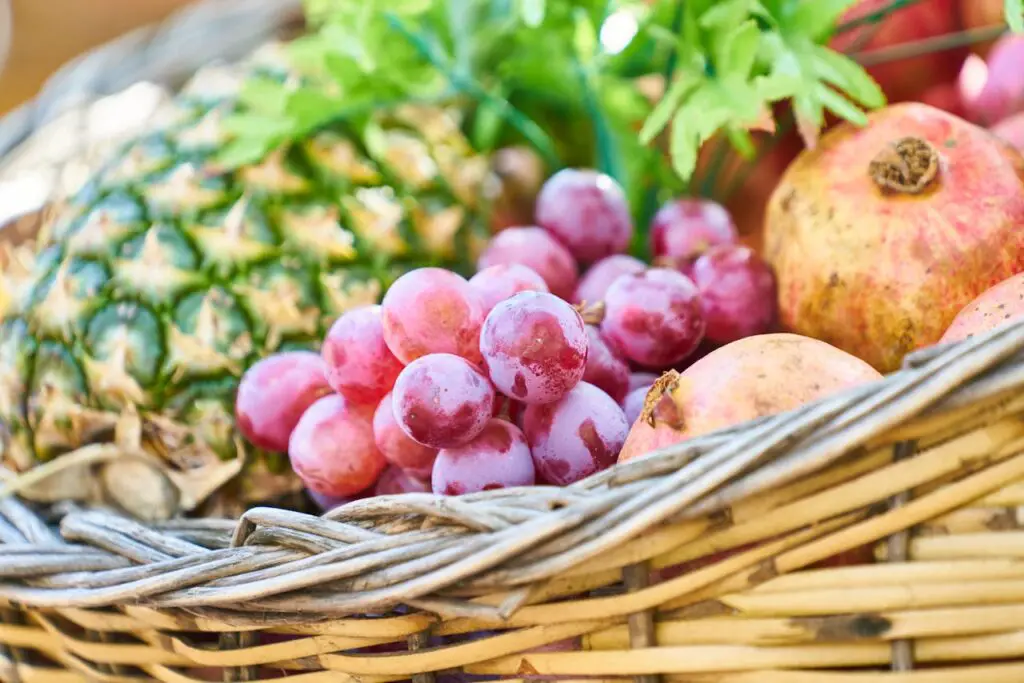
Cutting back on high-sugar fruits does not mean you have to give up the joy of fruit altogether. Instead, it is about making smarter choices. Berries, apples, pears, and citrus fruits tend to be friendlier options when it comes to keeping blood sugar stable, and they still offer plenty of flavor and nutrition.
As baby boomers, the goal is not perfection but balance. Enjoying fruit should be part of a full and satisfying diet that supports energy, health, and yes, even the occasional sweet craving. With a little awareness and moderation, you can still savor nature’s sweetness without the sugar spike that follows. After all, life is too short not to enjoy the sweet moments—it just helps to choose the ones that truly nourish you.
Leave a Reply